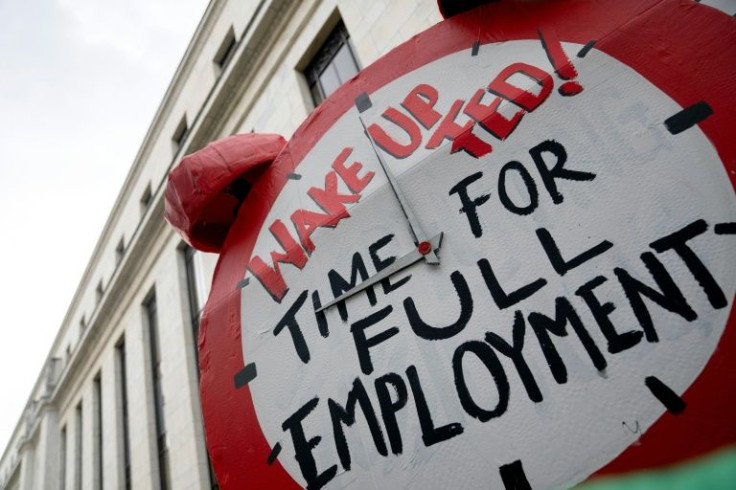Jobless Claims Reach Eight-Month High As Weekly Unemployment Numbers Top 250,000

Initial unemployment claims in the U.S. surged to a eight-month high in a sign that the labor market may be slowing down, adding to concerns that the economy may be heading toward a recession.
On Thursday, the Labor Department released its weekly initial unemployment claims and found that total claims reached 251,000 for the week ending on July 16, an increase of 7,000 from the previous week.
The numbers beat outside estimates, including the Dow Jones, which expected about 240,000 total claims. This figure is the highest recorded since Nov. 13, 2021, when jobless claims reached 268,000.
The numbers remain significantly below pandemic-era levels and they are not believed by economists to be a significant threat to the job market or the wider economy. They also fall short of recessionary indicators.
Dr. Julia Coronado, the founder of MacroPolicy Perspectives, noted that initial unemployment claims tended to remain upwards of 300,000 just prior to a recession. Though the highest it's been in months, the recent numbers remain well below that threshold.
"The labor market is loosening but likely not on the brink of a recession," Coronado wrote on Twitter.
Perspective on claims from prior three recessions: the 4wk avg of initial claims stood at 345k in Dec 2007, 389k in 2001 and 365k in 1990. The 4wk avg was mainly >300k for a year before the recession began. The labor market is loosening but likely not on the brink of a recession
— Dr. Julia Coronado (@jc_econ) July 21, 2022
For months, there has been concern that the current state of the labor market remains unhealthy despite its recovery from the pandemic. At the Federal Reserve, Chairman Jerome Powell described current employment conditions as “extremely tight”, citing it as a justification for the Fed’s increasingly hawkish approach to interest rates.
The Fed has hiked rates three times since March in a bid to reduce inflation and it is scheduled to meet again next week to determine whether another increase is on the way. Some economists, however, fear that the Fed’s current approach may trigger a recession if it leans too hard into bigger rate hikes.
© Copyright IBTimes 2025. All rights reserved.





















